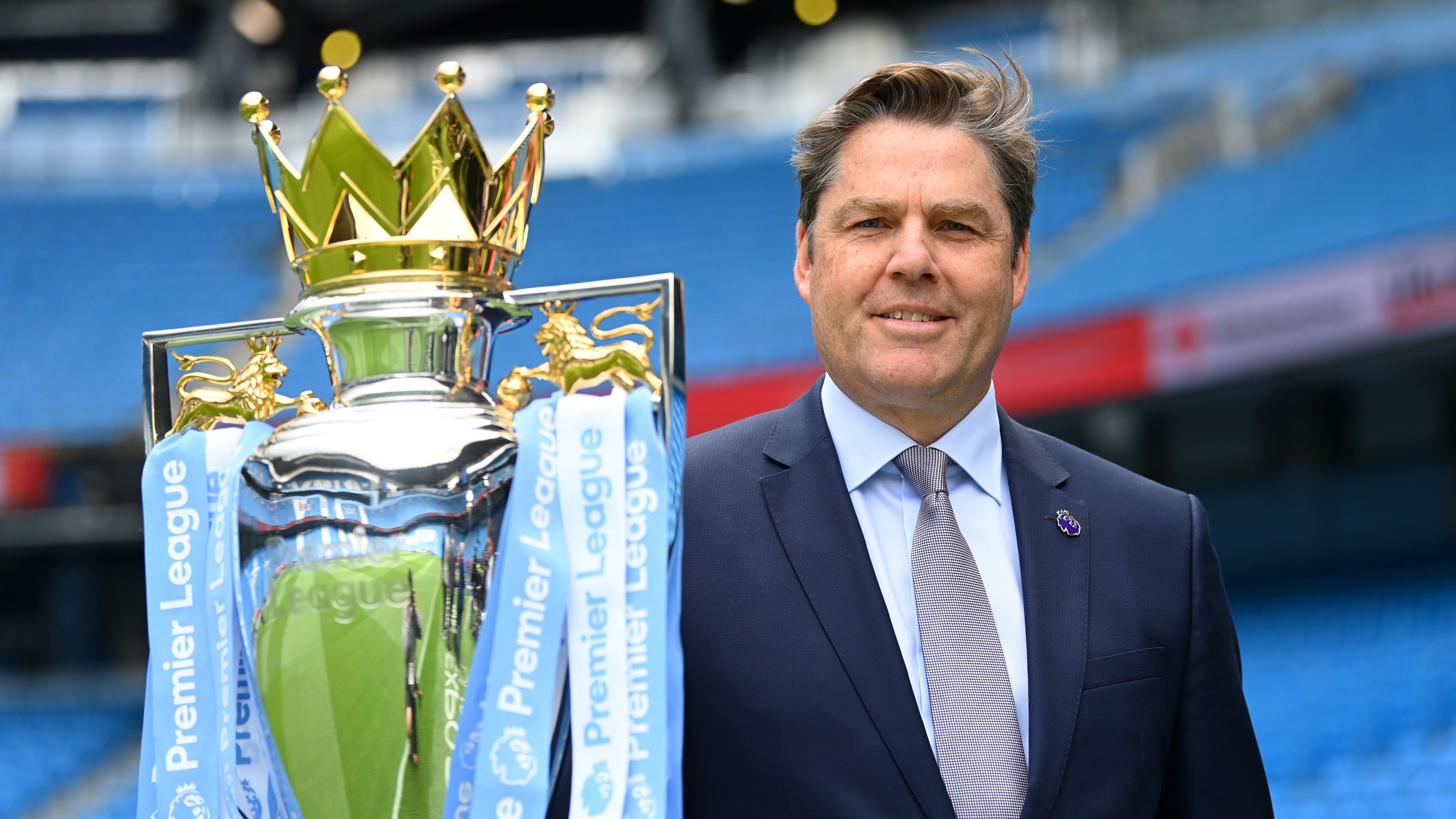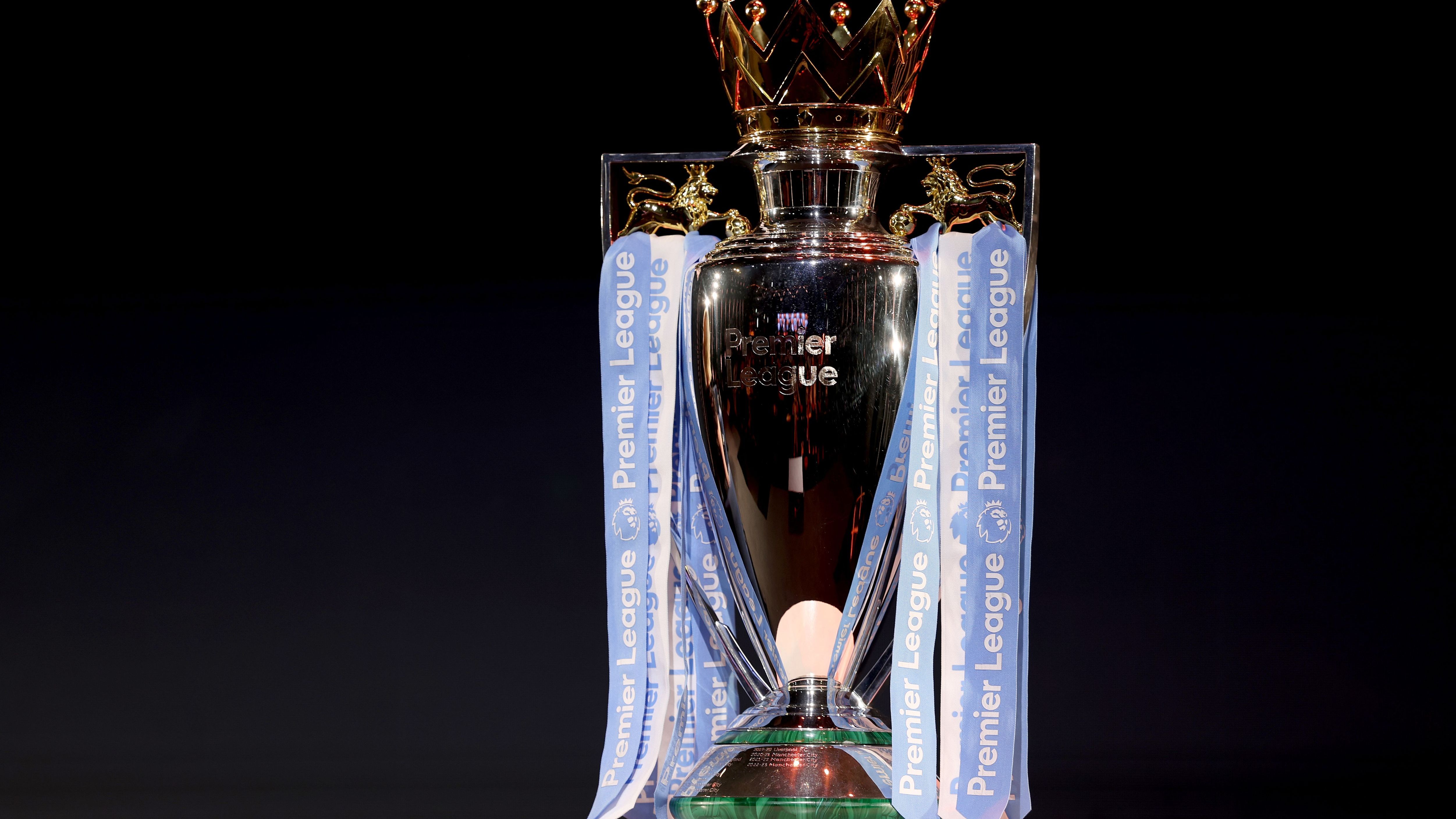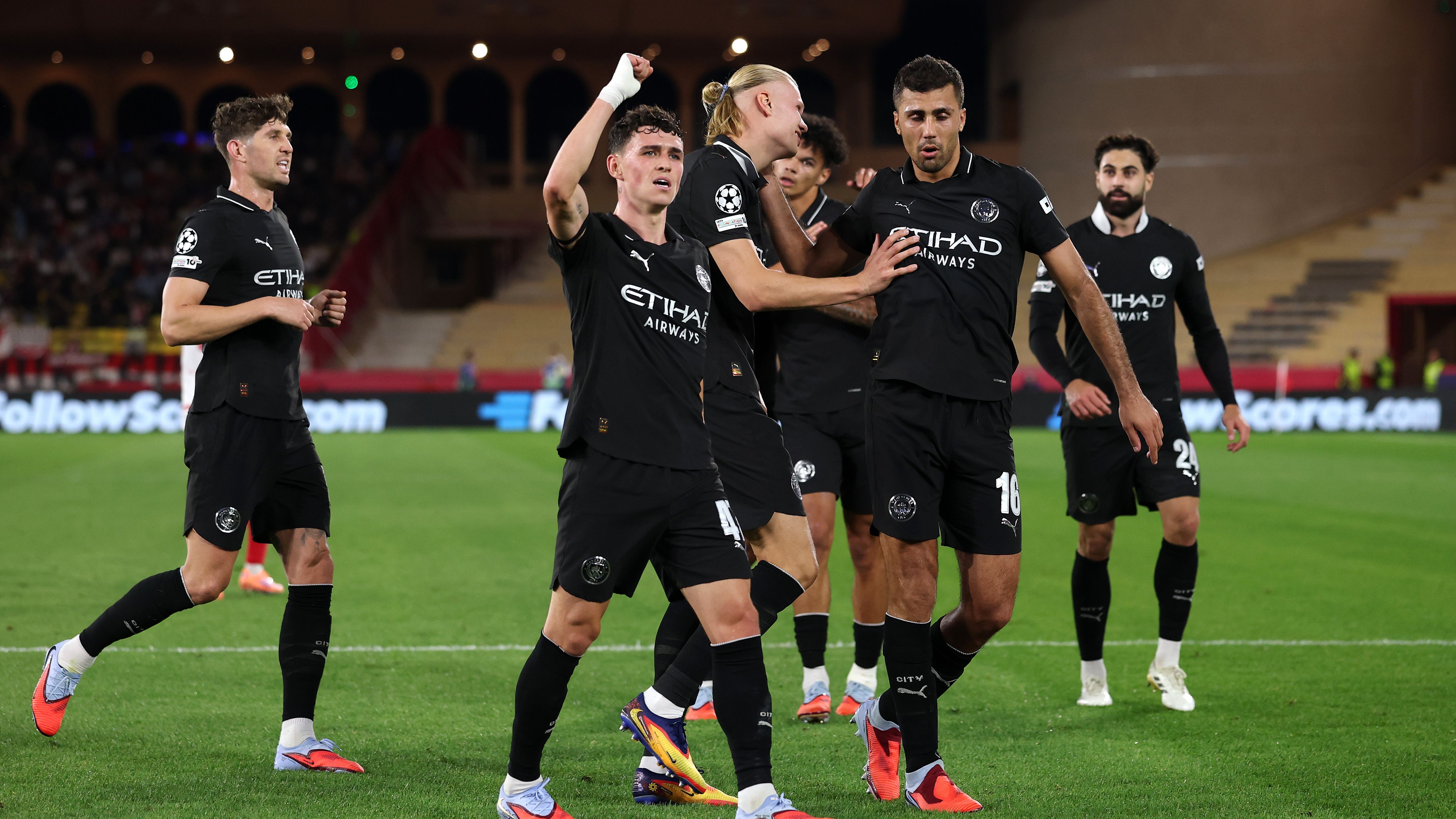Exploring the Future of the 3pm Blackout in Premier League Scheduling
In the evolving world of football broadcasting, the longstanding 3pm blackout rule continues to spark debate among fans and officials alike. This regulation plays a crucial role in protecting attendance at matches across various levels, even as streaming and TV options expand rapidly. Here, we delve into its origins, current status, and potential shifts, while 3pm blackout and Premier League remain central to the discussion, highlighting their impact on the sport’s accessibility and growth.



The Origins and Ongoing Enforcement of the 3pm Blackout Rule
This restriction, often referred to as the 3pm blackout, bars the live airing of Premier League, Football League, or FA Cup fixtures on television every Saturday from 2:45pm to 5:15pm. While teams can still compete during these hours, their games are kept away from broadcast to encourage in-person attendance. Tracing back to the 1960s, it was Burnley chairman Bob Lord who swayed other league leaders by pointing out that showing matches on air could erode crowds at smaller venues. Even with the explosion of football viewing options today, the Premier League maintains this approach as a way to support grassroots engagement.
Historical Context and Modern Challenges
From its inception, this policy aimed to balance the allure of televised sports with the vitality of live events. Rather than seeing it as an outdated barrier, many view it as a strategic measure that parallels efforts in other industries to preserve physical participation-like how theaters limit streaming to boost on-site ticket sales. The Premier League’s dedication to this rule underscores a broader commitment to sustaining the sport’s ecosystem amid digital advancements.
Insights from Premier League Leadership on Broadcast Commitments
During a recent gathering at The Summit, Premier League CEO Richard Masters shared his perspective, stating: “Our existing agreements for domestic broadcasts have reached their capacity. Every available slot outside the 3pm window is already in use. We’re dedicated to upholding this practice moving forward. This isn’t a solitary choice; it’s a collaborative effort involving key stakeholders like the FA and other governing bodies. Therefore, we’re sticking with it in the long term.”
Collaborative Decision-Making in Football Governance
This statement reflects the interconnected nature of football’s regulatory framework, where changes require agreement from multiple parties. It’s akin to a joint venture in business, where partners must align before altering core operations. Masters’ comments emphasize that, although discussions persist, any modifications to the blackout would demand unified support from the FA, Premier League, and English Football League to ensure the change benefits the entire sport.
Rumors and Roadblocks to Reforming the 3pm Blackout
In recent times, whispers of efforts to eliminate this rule have circulated widely, yet implementing such a shift remains complex. No alterations can proceed without complete consensus from the major football authorities. This setup acts as a safeguard, similar to how international treaties require multilateral approval to maintain global standards, ensuring that decisions prioritize the sport’s overall health rather than short-term gains.
The Role of Stakeholder Agreement in Policy Evolution
Without the endorsement of all involved organizations, proposals to end the blackout stall. This dynamic highlights the need for careful negotiation, much like resolving disputes in a federation where diverse interests must harmonize for effective outcomes.
Upcoming Decisions on Financial Regulations in the Premier League
Additionally, Masters announced that the Premier League will hold a vote next month to phase out the controversial Profit and Sustainability Rules. The aim is to introduce a framework that better matches UEFA’s financial guidelines, promoting a more balanced economic environment for clubs.
Aligning with European Standards
This potential overhaul represents a step toward greater fiscal harmony, drawing parallels to how global businesses adapt regulations to foster fair competition. By voting on this, the Premier League seeks to enhance long-term stability while addressing the financial pressures faced by teams in an increasingly competitive landscape.
Implications for Club Operations
The new system could reshape how clubs manage budgets, emphasizing sustainability over aggressive spending, much like how environmental policies encourage renewable practices for future viability.
Understanding the 3pm Blackout Rule in the Premier League
The 3pm blackout rule has been a longstanding tradition in English football, designed to protect attendance at lower-league matches by limiting live broadcasts of Premier League games that kick off between 2:45 pm and 5:15 pm on Saturdays. This rule, often debated among fans and executives, aims to encourage people to attend games in person rather than watch from home. With the rise of streaming services and global interest in Premier League fixtures, potential changes to this blackout rule could reshape how fans experience matches.
Premier League executives have recently hinted at reviewing the 3pm blackout rule, citing evolving viewer habits and the need for broader accessibility. For instance, discussions around lifting restrictions could allow more games to be shown live, potentially boosting revenue from international broadcasting deals. Keywords like “Premier League changes to 3pm blackout” reflect the growing online searches as fans seek updates on this topic.
Key Reasons Behind Potential Changes
Executives are signaling potential changes due to several factors. First, the surge in digital consumption means more people are turning to platforms like streaming apps for Premier League highlights and full matches. This shift has prompted calls for adapting the blackout rule to include more flexible broadcasting options without undermining grassroots football.
Another driving force is the economic impact. By allowing more 3pm games to be televised, the Premier League could attract larger audiences, especially in markets outside the UK. This might lead to increased sponsorships and TV rights deals, which are crucial for the league’s financial health. Fans searching for “potential changes to 3pm blackout rule” are likely looking for insights into how these adjustments could benefit clubs and viewers alike.
Additionally, post-pandemic behaviors have shown that hybrid viewing-combining in-stadium attendance with at-home options-has become the norm. Premier League officials are reportedly considering pilot programs to test modified blackout periods, ensuring that changes align with the league’s commitment to fairness across all divisions.
Benefits of Potential Changes to the 3pm Blackout Rule
If the Premier League moves forward with changes, there could be numerous benefits for fans, clubs, and the broader sports industry. One major advantage is enhanced accessibility; viewers in different time zones might finally catch live action without delays, making the Premier League more competitive in the global streaming market.
- Increased Fan Engagement: More live broadcasts could draw in casual viewers, turning them into dedicated followers. For example, families in the US or Asia could watch games in real-time, fostering a sense of community around Premier League teams.
- Revenue Growth: Clubs stand to gain from higher broadcasting fees, which could be reinvested into player development or stadium improvements. This might also create new opportunities for merchandise sales tied to live events.
- Global Reach: By reducing blackout restrictions, the league could compete with other top leagues like La Liga or Serie A, which have fewer broadcast limitations. This could elevate the Premier League’s status as the world’s most-watched football competition.
These benefits highlight how adapting the 3pm blackout rule might modernize the sport while preserving its traditions.
Practical Tips for Fans During Potential Transitions
As potential changes unfold, fans can prepare by staying informed and adapting their viewing habits. Here are some practical tips to make the most of evolving Premier League broadcasting:
- Stay Updated on Schedules: Use official apps or reliable sources to check for any trial broadcasts of 3pm games. Subscribing to newsletters from Premier League news outlets can provide timely alerts on rule changes.
- Explore Alternative Viewing Options: If blackouts persist for certain matches, consider legal streaming services that offer highlights shortly after games. This ensures you don’t miss key moments, like a last-minute goal in a high-stakes Premier League fixture.
- Engage with Fan Communities: Join online forums or social media groups to discuss potential changes. Sharing experiences can help build excitement and offer insights into how other fans are navigating the transition.
By following these tips, you can enhance your Premier League experience, regardless of blackout adjustments.
Case Studies from Other Football Leagues
Looking at other leagues provides valuable lessons on how lifting blackout rules can succeed or face challenges. For example, Germany’s Bundesliga has experimented with broader TV coverage, resulting in higher viewership without significantly harming attendance at lower-tier games. This case study shows that strategic changes can balance commercial interests with fan loyalty.
In contrast, Spain’s La Liga has faced criticism for over-saturation of broadcasts, which some argue dilutes the excitement of matchdays. A key takeaway for the Premier League is the importance of gradual implementation to avoid alienating traditional fans.
From a first-hand experience perspective, many UK-based supporters have shared stories of missing out on 3pm games due to work or travel, only to catch up via replays. One fan recounted how accessing live streams during a trial period reignited their passion for the Premier League, emphasizing the potential for positive outcomes if changes are handled thoughtfully.
First-Hand Experiences and Fan Perspectives
Drawing from anecdotal evidence, fans have mixed feelings about potential changes to the 3pm blackout rule. A supporter from Manchester, for instance, described how watching a live 3pm game via a trial broadcast felt more immersive, allowing them to cheer alongside global audiences. This highlights the emotional connection that broader access can foster.
However, not all experiences are positive; some lower-league club owners worry about attendance drops, based on observations from leagues that relaxed similar rules. By incorporating these perspectives, the Premier League can craft changes that address concerns while promoting growth.
As discussions continue, keywords like “Premier League executive signals” will likely trend, underscoring the topic’s relevance. With thoughtful reforms, the 3pm blackout rule could evolve to support both tradition and innovation in football.
(Word count: 752)









